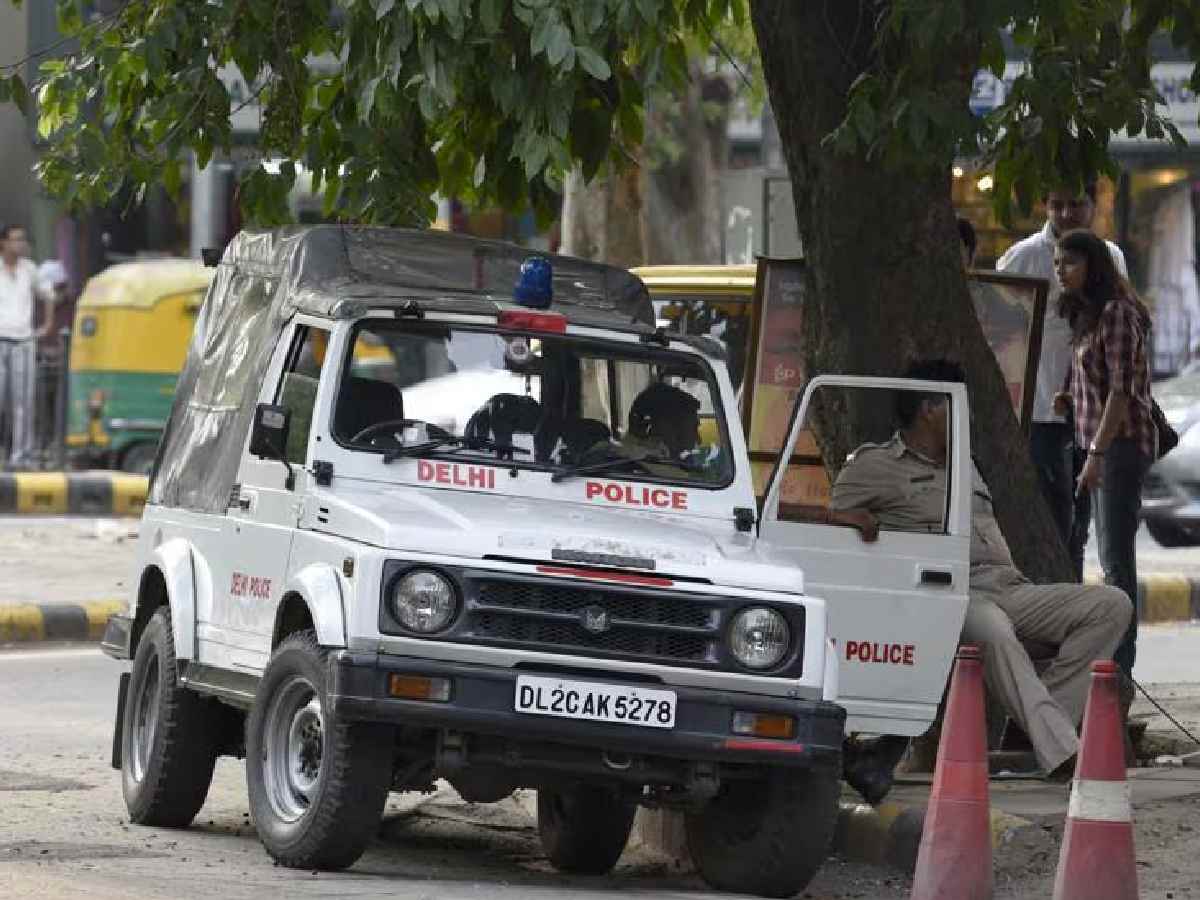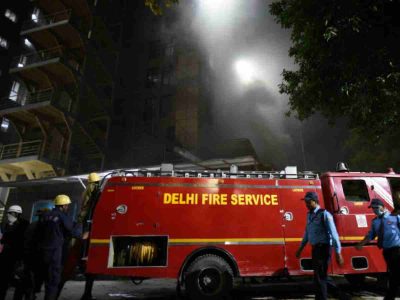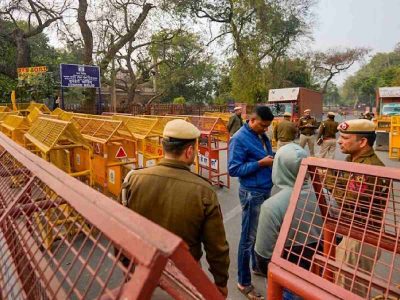Delhi Lieutenant Governor Vinai Kumar Saxena has relieved Delhi Police from the responsibility of issuing licences for business activities such as hotels, motels, guest houses, according to an official order.
In a recent directive, the Lieutenant Governor (LG) Vinai Kumar Saxena has withdrawn the sanction power of the Delhi Police in such matters. The Delhi Police’s licensing branch will now only deal with the grant or sanction of arms licences and licences for explosives, the order stated.
In the order circulated on Sunday, LG Saxena stated, “…in exercise of powers under Section 28 (2) read with Section 4 of the Delhi Police Act, 1978, I hereby withdraw the sanction granted to the Commissioner of Police, Delhi, for issuance of regulations under Section 28 (1) of the Delhi Police Act, 1978, covering the seven activities mentioned at Para 1.”
The LG directed the Commissioner of Police to issue a notification “repealing the said regulations with immediate effect.” The order further said, “The repeal notification shall be given wide publicity by Delhi Police and Home Department.”
The order noted that the Centre, with an aim to realise the motto of “Minimum Government and Maximum Governance,” has initiated efforts to reduce multiple licensing regimes across states and Union Territories (UTs), and has recommended simplification of licensing procedures.
Citing two court orders, LG Saxena referred to a 2003 judgment of the Delhi High Court in the Uphaar Cinema tragedy case, which had recommended that “Delhi Police should only be concerned with Law and Order, and entrusting of responsibility of licensing on the police force is an additional burden…”
Referring to a Supreme Court judgment that upheld the High Court’s recommendations, the LG noted that it also suggested that “the existing system of police granting licences should be abolished.”
According to the LG, a committee under the chairmanship of the then Additional Chief Secretary (Home), comprising officers from Delhi Police, the Law Department, and the IT Department of the Delhi government, was constituted to review the entire gamut of licences, NOCs, and permissions granted by the licensing branch and assess their relevance in the current context.
The LG’s order stated that the committee, noting a staff shortage in Delhi Police, recommended that the force “be relieved of the responsibilities of regulating licences in the respect of seven trades.”
It was also noted that civic authorities such as the Municipal Corporation of Delhi (MCD), New Delhi Municipal Council (NDMC), and the Delhi Cantonment Board have framed their own trade regulations. The L-G’s order said that “overlapping of regulations issued under Delhi Police Act, 1978, and Municipal Laws, by multiple authorities…is impinging the overall ease of doing business.”
LG Saxena pointed out that some “progressive states” like Gujarat, Karnataka, Maharashtra, and Goa have already eliminated the requirement of police licences for these business categories.
Before issuing the order, the LG examined the matter in terms of Section 21 of the General Clauses Act, 1897, in consultation with the Law Department of the Delhi government, and found that “he is well within his powers to direct the Commissioner of Police to rescind the relevant regulations.”
According to the licensing unit’s website, “A need was felt to regulate public places like hotels/guest houses, eating houses, cinema halls, auditoriums, swimming pools, amusement parks etc, which receive frequent and heavy footfalls, from Law & Order, public convenience, safety and traffic management point of view… various provisions relating to licensing and registration of such entities were made in the Delhi Police Act-1978.”
It further stated, “…This regulatory mechanism has stood the test of time and proved to be best suited for serving the citizens of Delhi. Certain powers, which were earlier vested with the District Magistrate, were transferred to the Commissioner of Police under Section 146 of The Delhi Police Act 1978… Licensing Unit has emerged today as one of the important ‘Image Hubs’ of Delhi Police.”need to approach Delhi Police for NOCs
Chief Minister Rekha Gupta said the reform reflects the government’s “visionary approach” and aligns with the Centre’s “Maximum Governance–Minimum Government” and Ease of Doing Business policy.
Businesses will now be exempt from obtaining a ‘no-objection’ certificate from Delhi Police.
Also Read: Around 21% of Delhi auditoriums running sans fire safety clearance: DFS
This exemption covers entities such as hotels, motels, guest houses, restaurants (eating houses), swimming pools, auditoriums, video game parlours, discotheques, and amusement parks.
The licensing power will now be transferred to local bodies such as the Municipal Corporation of Delhi, New Delhi Municipal Council, or Delhi Cantonment Board.
Gupta added that Union Home Minister Amit Shah has categorically stated that the police force should be relieved from non-core duties so their resources and energy can be focused on law and order, security, and crime control.
The subject of policing in the national capital falls under the Union Home Ministry.
“We want to make Delhi not only the political capital of India but also a model of good governance. That is the mission of our double-engine government,” Gupta said.
(With inputs from PTI)





